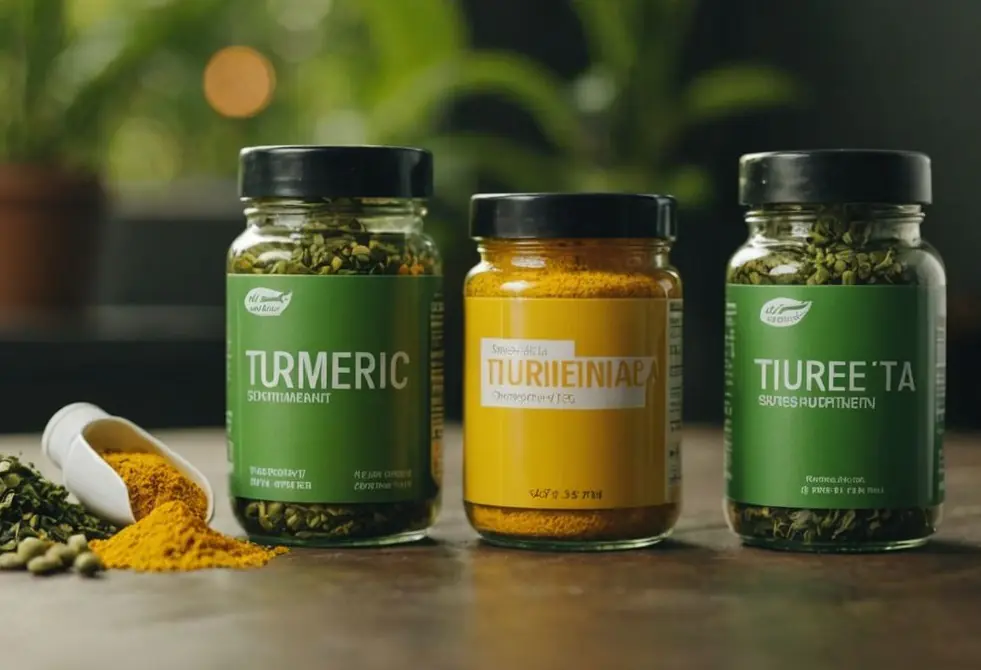Recent studies have revealed that popular supplements such as turmeric and green tea are causing an alarming number of hospitalizations due to liver toxicity. Researchers are urging consumers to be cautious with these supplements, which are often taken without medical supervision for various health benefits.
Key Takeaways
- Turmeric, green tea, and other supplements have been linked to liver toxicity.
- Hospitalizations due to these supplements are on the rise.
- Consumers are advised to be vigilant about dosages and ingredients.
Rising Concerns Over Popular Supplements
More than 15 million Americans may be jeopardizing their liver health by taking popular botanical supplements like turmeric and green tea. A study by the University of Michigan, Ann Arbor, analyzed data from 2017 to 2021 and found that nearly 4.7% of US adults had used one of six potentially toxic supplements within the previous 30 days. These supplements include turmeric, green tea, ashwagandha, Garcinia cambogia, black cohosh, and red yeast rice.
The Risks of Overdose
While these supplements are often taken for various health benefits—such as turmeric for joint health and green tea extract for energy—many users are unaware of the serious risks of overdose. Hospitalizations due to these supplements have increased from 7% to 20% over the decade between 2004 and 2014. Symptoms of drug-induced hepatotoxicity, or toxic liver disease, include yellowing of the skin, fatigue, nausea, rash, itching, and upper-right abdominal pain.
Lack of Regulatory Oversight
One of the major concerns highlighted by researchers is the lack of regulatory oversight on the manufacturing and testing of these botanical products. Unlike prescription medicines, these supplements are not subjected to stringent regulatory processes, leading to inconsistencies between advertised and actual doses. Clinical trials have also failed to provide robust evidence of their benefits compared to their risks when taken at higher doses.
Genetic Susceptibility and Additives
Certain genetic factors can make individuals more susceptible to liver toxicity from these supplements. For example, adding black pepper to turmeric supplements can increase curcumin absorption by 30-fold, making it more likely to cause liver damage. This is particularly concerning as many people are unaware of these interactions and continue to take these supplements in high doses.
Recommendations for Consumers
Health experts recommend that consumers consult healthcare professionals before taking any new supplements, especially if they are already on medication for chronic conditions. Personalized recommendations for safe doses should be considered, taking into account an individual’s baseline liver health and other medical conditions.
Global Concerns and Warnings
The issue is not confined to the United States. In 2023, the Australian Therapeutic Goods Association issued a warning about the risk of liver injury from consuming turmeric and curcumin. They emphasized that while serious injury is rare, the risk varies depending on an individual’s bioabsorption and liver health.
Conclusion
While the benefits of supplements like turmeric and green tea are widely touted, it is crucial for consumers to be aware of the potential risks. Vigilance with dosages and ingredients, along with consultation with healthcare providers, can help mitigate these risks and ensure safer use of these popular supplements.



